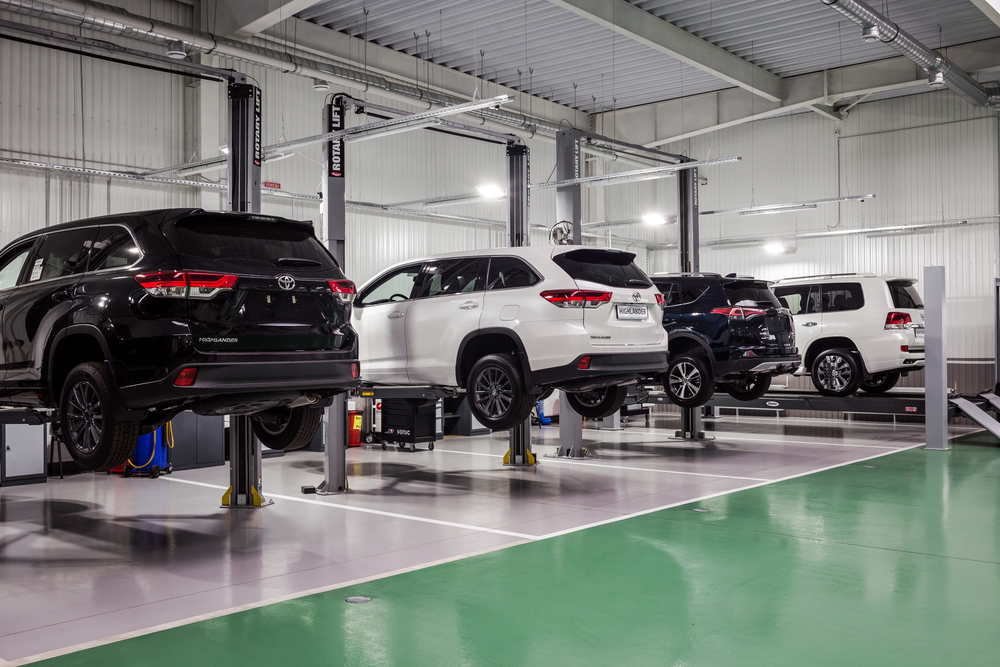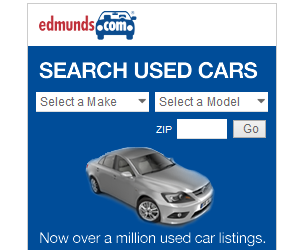What You Should do if Your Vehicle has an Open Recall
Valerie Raskovic
Jan 23, 2022
Every year, automakers recall millions of automobiles. When these recalls are issued it is the responsibility of the auto manufacturer to work with dealers in order to repair the affected vehicles. You can check the National Highway Traffic Safety Administration's recall database if you're not sure if your car has been subject to a safety recall. If your vehicle has been recalled, read the recall notice carefully and follow the instructions to ensure your safety on the road.
Every year, tens of millions of automobiles are recalled to fix problems ranging from software issues that cause cars to halt suddenly to leaks that may cause fires. Some recalls affect millions of automobiles, while others affect just a few hundred. Every recall, however, is significant, and each owner of a recalled vehicle has the same rights.
A recall can be a slow, annoying process. Sometimes it takes weeks for the car to be picked up and it takes even longer for the vehicle to be fixed and ready for the road again. During that time, you will be forced to use another car or a rental ride. All of this can cause a headache but it’s far better than having an accident because of an unfixed problem.
If your automobile has been recalled, what should you do? Is the procedure complex or straightforward?
What is a Recall?
If a manufacturer or the NHTSA finds that the vehicle, vehicle equipment, or tires represent a safety risk or fail to satisfy safety requirements, a recall will be issued. Your vehicle may be recalled for a variety of reasons. To check if your vehicle for recall visit VinCheckUp.com
The steering, brakes, tires, seat belts, air bags, or ignition switch, to mention a few, might all have a safety-related fault.
When vehicle manufacturers identify one of these issues, they usually decide to execute a recall on their own. But what if they choose to disregard the issue or fail to correct the situation on their own? You can contact the NHTSA if you discover an issue with your car. Your complaint will be uploaded to a public database, and if other individuals report the same issue, the NHTSA may launch an investigation that may lead to a safety recall.
Manufacturers are obligated to address the problem regardless of who decides to initiate a recall. They may choose to repair, replace, or refund it, but you should not be responsible for any costs incurred as a result of the recall.
Do you Pay for Repairs?
Whether you bought your automobile new or old, the manufacturer is usually liable for repairs to any safety flaws. If you're feeling brave and decide to do the repairs yourself, you may be entitled for compensation.
The caveat is that if your automobile is older than ten years, the manufacturer isn't required to repair the problem for free. It's worth asking because some manufacturers will opt to do it anyhow.
Remember that you might be charged for any additional repairs you agree to that aren't covered by the recall. Paying for these types of costs out of pocket is never nice, but we encourage dealing with safety concerns as soon as they arise. You cannot put a price on the safety of yourself and your family.
What To Do When Your Car is Recalled
The first thing you should do is read the manufacturer's recall notice. When a recall is issued, it should be mailed directly to your house.
The safety concern, the dangers it poses, and any warning signals you should be aware of should all be described in the recall letter. It should also include directions for arranging an appointment with a local dealer to get the problem addressed.
You could be told to make an appointment with your local dealer to have the repairs done. If you can't reach the dealer, contact the manufacturer and ask for assistance. If neither party cooperates, you can submit a complaint with the National Highway Traffic Safety Administration against either the dealer or the manufacturer.
Avoid procrastination at all costs. If you disregard the recall, you risk endangering yourself, your passengers, and other cars on the road.
Where To Take Your Car
The recall notice will usually refer you to a nearby authorized dealer. So, if you've relocated, you don't have to return to the dealer where you purchased the vehicle.
When it comes to how long it will take to fix your automobile, it all depends.
You may have to wait longer for an appointment with a local dealership if the recall is large. If the worst happens and you don't feel safe driving, park your automobile until the repairs are completed.
How To Find Out if Your Car is Recalled
If you're considering buying a secondhand automobile, check the NHTSA's recall database for the VIN Number. This can assist you in determining whether it has been recalled and whether the necessary repairs have been completed.
We stated before: As soon as you buy a secondhand automobile, contact the manufacturer and register it so that you can get recall letters in the future.
Remember that secondhand automobiles older than ten years may not be eligible for free repairs as part of a safety recall.
Don't be alarmed if your automobile has been recalled due to a safety concern. Recalls are quite common, and they can be issued for a variety of reasons. Your best bet is to take action and resolve the problem as soon as feasible.
Typically, this will not put a hardship on your wallet. Manufacturers usually handle safety recalls for free, though you may have to wait a little longer.
On a more general point, the high number of safety recalls should serve as a reminder to always drive safely. Whether you’re heading to work, school or the grocery store, it pays to stay alert and heed any warning signs.
And if the manufacturer says your car isn’t safe to drive, listen to them. No matter how much you like your car or how safe it might seem, you need to pay attention to what your manufacturer says. If they state that the car needs to be recalled, it definitely does.
Read more articles

